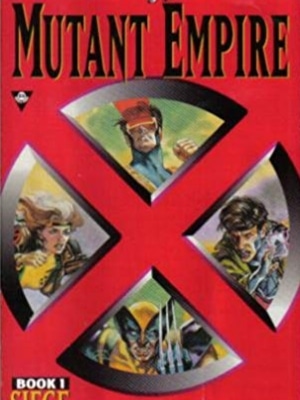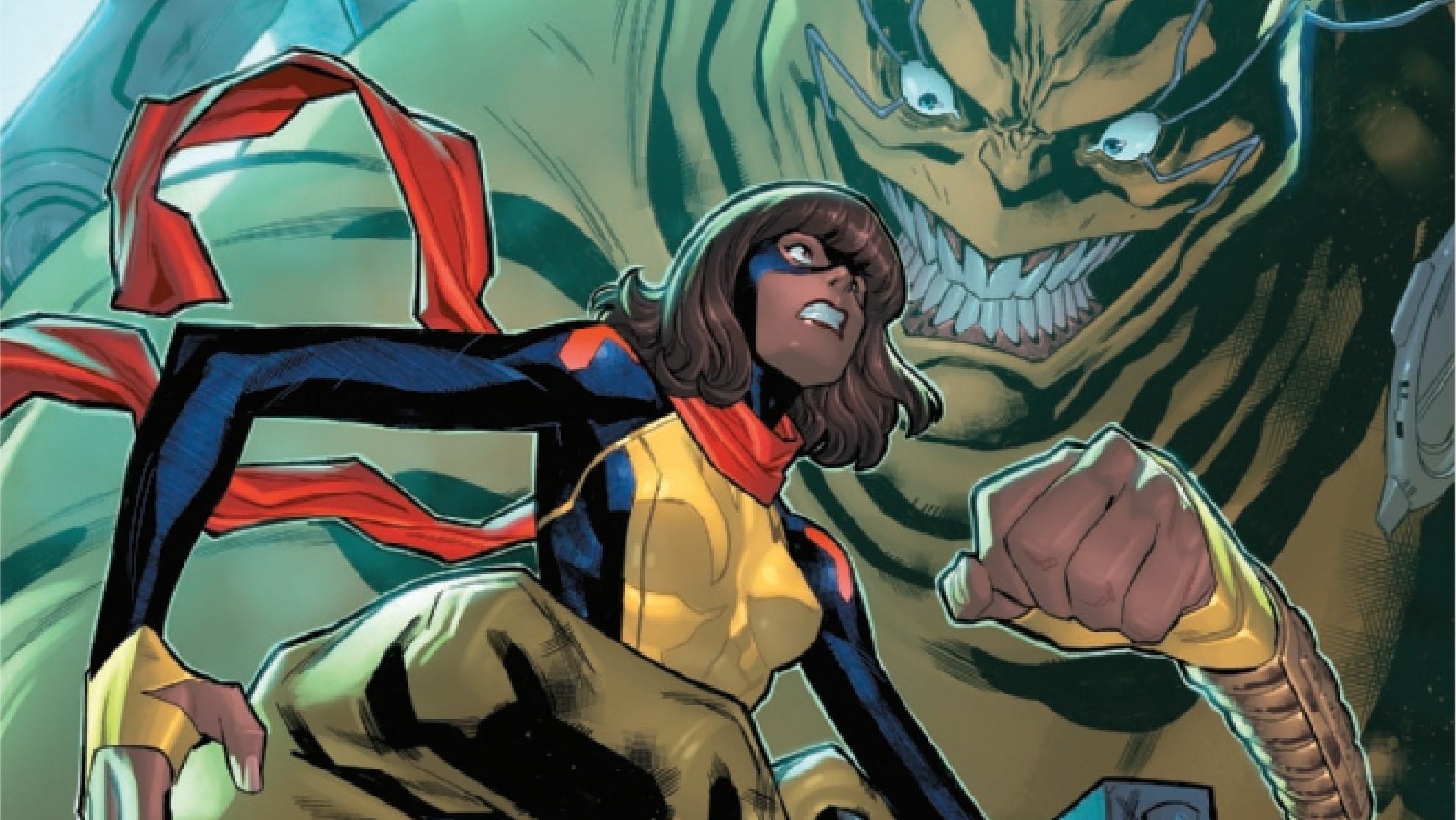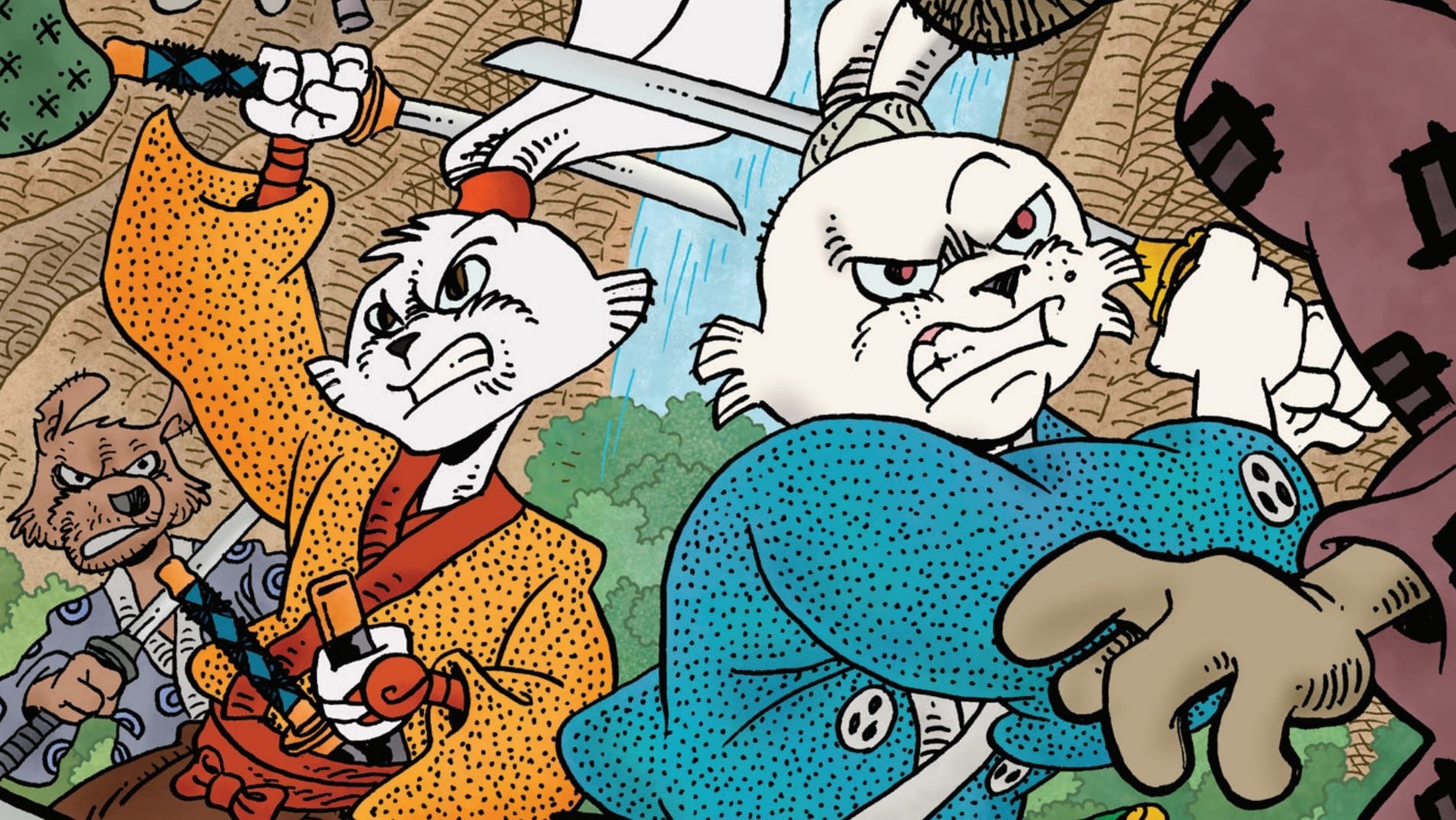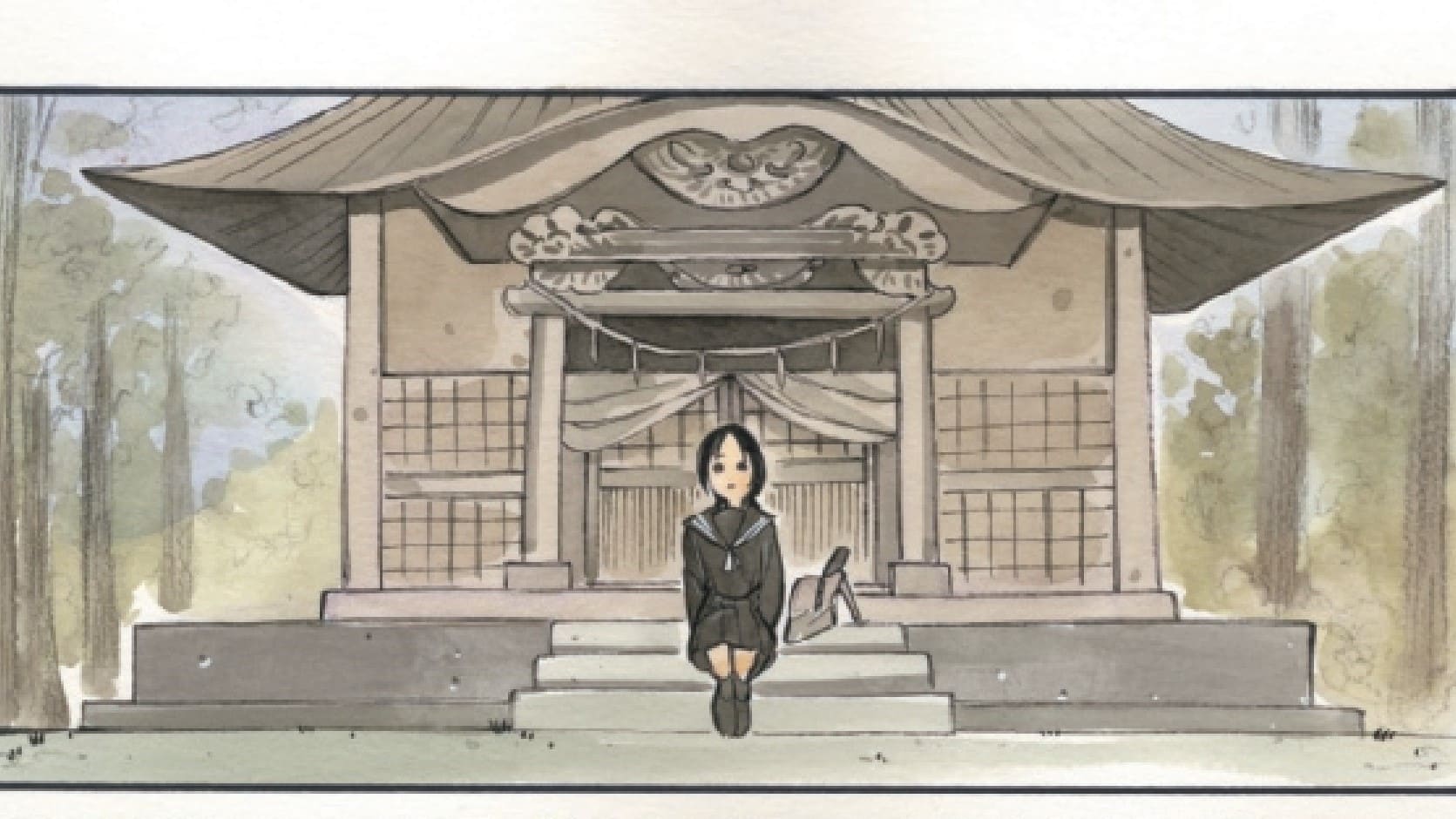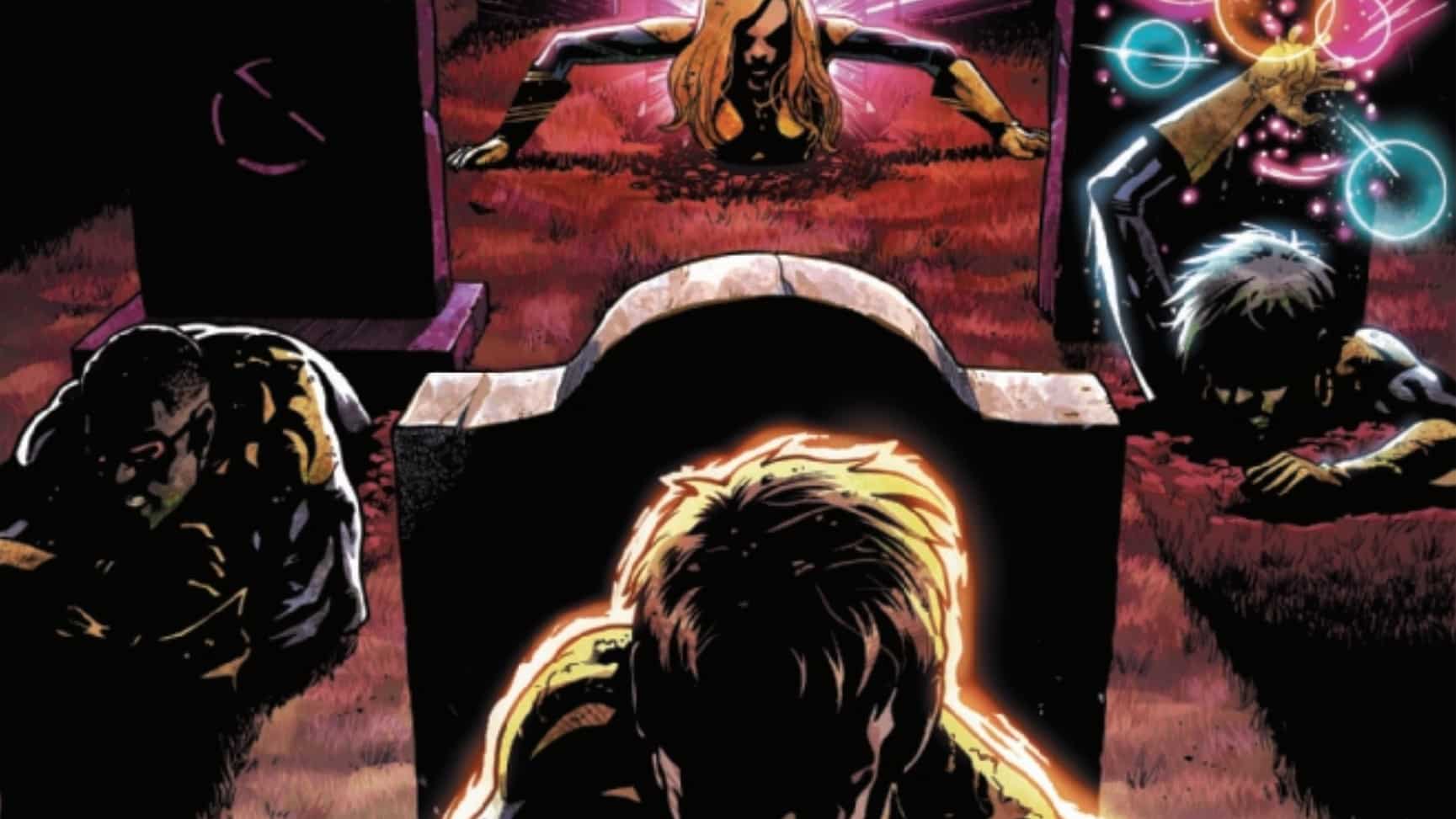He was no longer welcome on Earth. More than a man without a country, he was a man without a world. And he feared that such would be the fate of all his kind.
Eric Lensherr was a mutant.
This is how Christopher Golden defines the thesis of his antagonist in the novel X-Men: Mutant Empire: Book 1: Siege, the first in a long line of X-Men novels, and the start of Golden’s trilogy. On first glance, turning an energetic comic like the X-Men into a prose novel seems counterintuitive. Sucking away the visuals can be to the detriment of an action story. But when Golden is able to imbue these colorful character with pathos, like he does with Magneto, the book shines.
While they weren’t the cultural juggernaut they once were, the X-Men were still the most popular comic on stands in 1996. Trying to tap into the book market made a certain amount of sense, after all, fellow geek juggernaut Star Wars had done very well in the mass market paperback format. Golden had already written Daredevil: Predator’s Smile, proving he had the chops for the project. Adding in X-Men artists Rick Leonardi and Ron Lim for illustrations heading each chapter rounded out the project. The direction made sense, and it seemed like the right players were in place, but was the story a success?
The answer is, kinda. The most striking thing is how deeply rooted in X-Men continuity this novel is. While it could never fit neatly between issues of Uncanny, Golden assumes any reader has some familiarity with the X-Men. Bishop, for example, is a member of the team in this story, and his convoluted history is stated in a matter of fact manner. Similarly, not only are the Shi’ar introduced, but they are introduced as occupying the Kree Empire after a conflict. Both are stories that were deeply delved into in the comics, but are just footnotes in this novel. It adds to the feeling that this is a deep, vibrant world, but also complicates the narrative for readers just getting into X-Men.
The book is split into two parallel conflicts. The first, concerning Magneto’s takeover of Project: Wideawake, is deeply enjoyable. The second, a rescue mission on the Kree homeworld of Hala, is a frustrating mess. What hurts this structure the most is how disjointed the stories feel. There is the thinnest hint of similarity in themes, both discussing a battle against oppression, but it also carries an overwhelming feeling that only half the book is relevant. Splitting up the cast allows Golden to highlight multiple facets of the X-Men, but it also halts momentum every time the narrative shifts.
The highlight of the book is the Magneto plot. The master of magnetism plots and plans to take over the Sentinel’s, the mutant hunting robots, at the US Government’s Project: Wideawake with the help of his zealous followers, the Acolytes. Here we get to understand the conflict from all sides, Magneto’s drive to create a mutant homeland, Xavier’s dream of peaceful co-existence, Amelia Voght’s skepticism and desperation, and Val Cooper’s desire to avoid anything that would make her life harder. Golden is at his peak when he taps into these character’s core and positions them around the conflict. He is less successful with the X-Men proper, Storm, Bishop, Wolverine, Iceman, and Beast. They all have a unique voice but are more passive observers than active participants.
Less successful is Cyclops’ mission to rescue his father from Deathbird’s prison on Hala. Cyclops is written as the same dry character he was throughout the 90s, and the book suffers for it. Of the rest of his team, only Jean Grey gets any significant characterization. Rogue, Gambit, and Archangel get very little to do beside get into fights. Worse is the switch to Deathbird as the antagonist, she is a subtle and nuanced as the name suggests. Golden tries to add color by focusing on her lieutenant Gladiator, but his inaction in the face of evil only frustrates readers. This story feels like filler, padding to make this a trilogy, and the book is worse for it. It is incredibly skip able and half of a novel should not feel like that.
X-Men: Mutant Empire: Book 1: Siege is an interesting, if flawed, book. The parallel structure is a massive flaw, and the shift in quality between the sections only amplifies this. There is a chapter in the middle of the book where Charles Xavier debates an anti-mutant activist and an unfriendly politician, all sides laying out their fears, it is gripping. If the entire book could be this smart, this interested in examining the place of mutants in the world, it would be a must read. Unfortunately, Golden drops the ball when it comes to the sci-fi action. Both arcs end on cliff hangers, one fascinating with a promising hook for the rest of the series. The other, groan inducing and promising that the story will continue to drag forward. There is a lot to love and hate in equal measure here, making it hard to recommend to anyone except the most die hard X-Fan.
Zachary Jenkins runs ComicsXF and is a co-host on the podcast “Battle of the Atom.” Shocking everyone, he has a full and vibrant life outside of all this.

